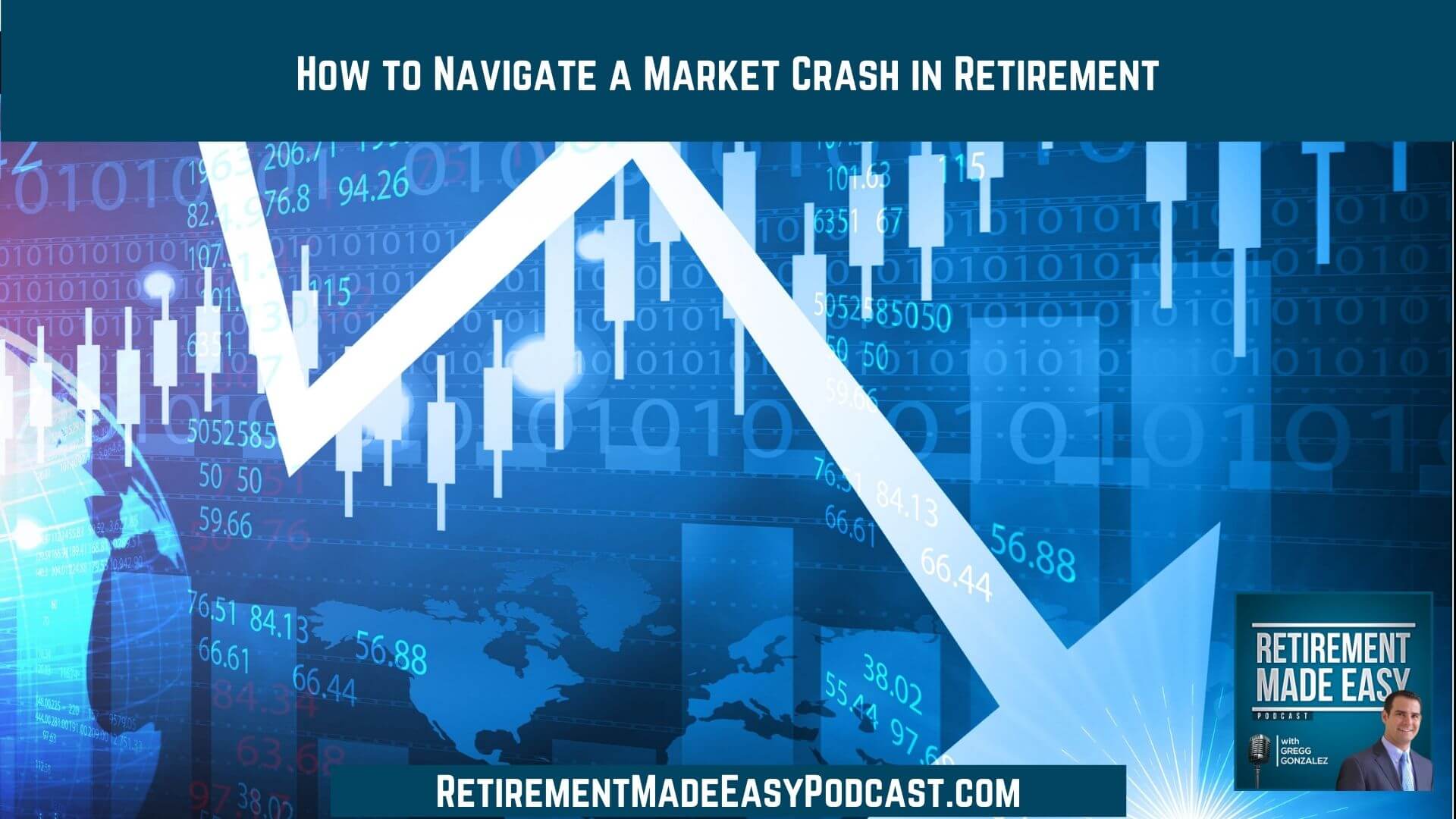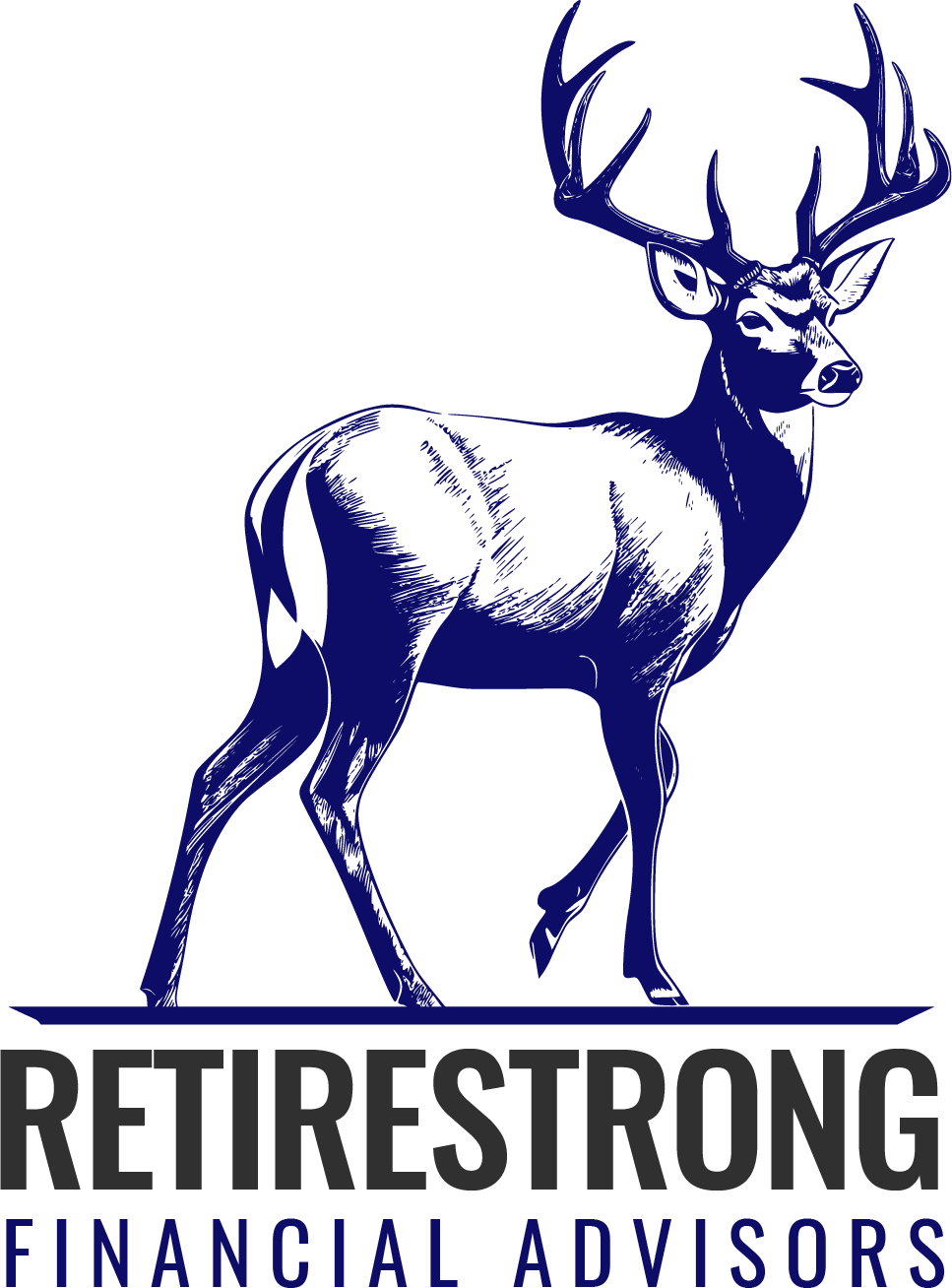
The last big crash where the year ended down was 2008, with the market ending down 38%. Before 2008, 2000–2002 were three years where the market was down in the double-digits. If you retire at age 62 like the average person, you’re expected to live another 30 years! That is 30 years where you will likely experience a market crash.
So what should you do when you experience a market crash during retirement? Do you jump out of the market and make your portfolio conservative until the coast is clear? Or do you wait out the storm? I answer this listener’s question in this episode of Retirement Made Easy.
You will want to hear this episode if you are interested in…
- [0:41] Answering Keith’s question:
- [2:50] Find out how to get a free Yeti Tumbler!
- [4:42] Step #1: Create and reference your retirement plan
- [8:33] Step #2: Use the bucket strategy for retirement planning
- [12:10] Step #3: Stress-test your retirement plan
- [14:26] The biggest mistake that people make in a downturn
Step #1: Create and reference your retirement plan
If your goal is to retire at age 62 or 65, we must assume that you’ll live 30+ years. You will experience a setback in the market. It’s like taking a road trip from New York to LA. If you’re traveling that far, the odds of hitting road construction are pretty high. So you must plan ahead and ask yourself, “What will I do if…?”
Tom Hanks plays Captain Sully in the movie, “Sully.” He was flying a plane when two birds hit the engines. Both engines went out. The first thing he did was ask the co-pilot, “Give me the QR.” It’s a manual that they reference in case of emergencies. Together, they determined they had to land the aircraft in the Hudson River. All 155 passengers survived because they had a plan in case of emergencies.
That’s why we make a retirement plan for our clients. If the market crashes, you have a plan in place that will direct your steps through the crisis. How we set up someone‘s portfolio is based on the assumption that there will be a large market downturn at any time.
Step #2: Use the bucket strategy for retirement planning
If you’ve listened to previous episodes, you know I’m an advocate for the bucket strategy. To give you a quick recap, your portfolio should consist of three different buckets:
- Emergency fund: This should have 6–24 months of living expenses inside of it. This is short-term money that can’t be risked in the stock market. This will help bail you out when you’re hit with an unexpected expense.
- A tax-efficient retirement income: Bucket #2 provides the most tax-efficient income from your portfolio. This can include Roth IRAs, 401ks, or a brokerage account depending on the mix that makes sense for you. This is what you live on month-to-month.
- Your long-term growth-oriented bucket: We know the cost of living will continue to rise. Prices on groceries, gas, etc. rose significantly in the first half of 2021. It’s rumored that the SSA will give their largest cost-of-living adjustment raises, effective 1/1/2022. This bucket is geared toward growth that will help you keep up with the cost of living.
Each bucket has a different job. During a market crash, you could reduce some of the income in bucket #2 temporarily. You can do Roth conversions while the market is down.
Step #3: Stress-test your retirement plan
You should stress-test your retirement plan to determine how a 30% or 40% drop in the market would impact your portfolio. Would your plan crumble? If you plan for these scenarios ahead of time, you are prepared for a market crash. The only thing you don’t know is how long it will last. But we can look at historical crashes to gauge how long we need to plan for.
You can’t retire thinking you’ll never experience a market downturn—or that you can keep doing the same thing. A lot of people retired in 1999. Let’s say they had $1 million invested in the S&P 500 and were taking out $50,000 a year. The market was down the following three years. Then they experienced a large crash in 2008. This person would’ve run out of money by 2016 with 14+ years of retirement left. You can’t let this happen to you.
What is the biggest mistake that people make in a downturn? What is the worst thing you can do? Listen to the whole episode to learn THE best ways to handle a market downturn.
Resources & People Mentioned
Connect With Gregg Gonzalez
- Email at: Gregg@RetireSTL.com
- Podcast: https://RetirementMadeEasyPodcast.com
- Website: https://StLouisFinancialAdvisor.com
- Follow Gregg on LinkedIn
- Follow Gregg on Facebook
- Follow Gregg on YouTube



